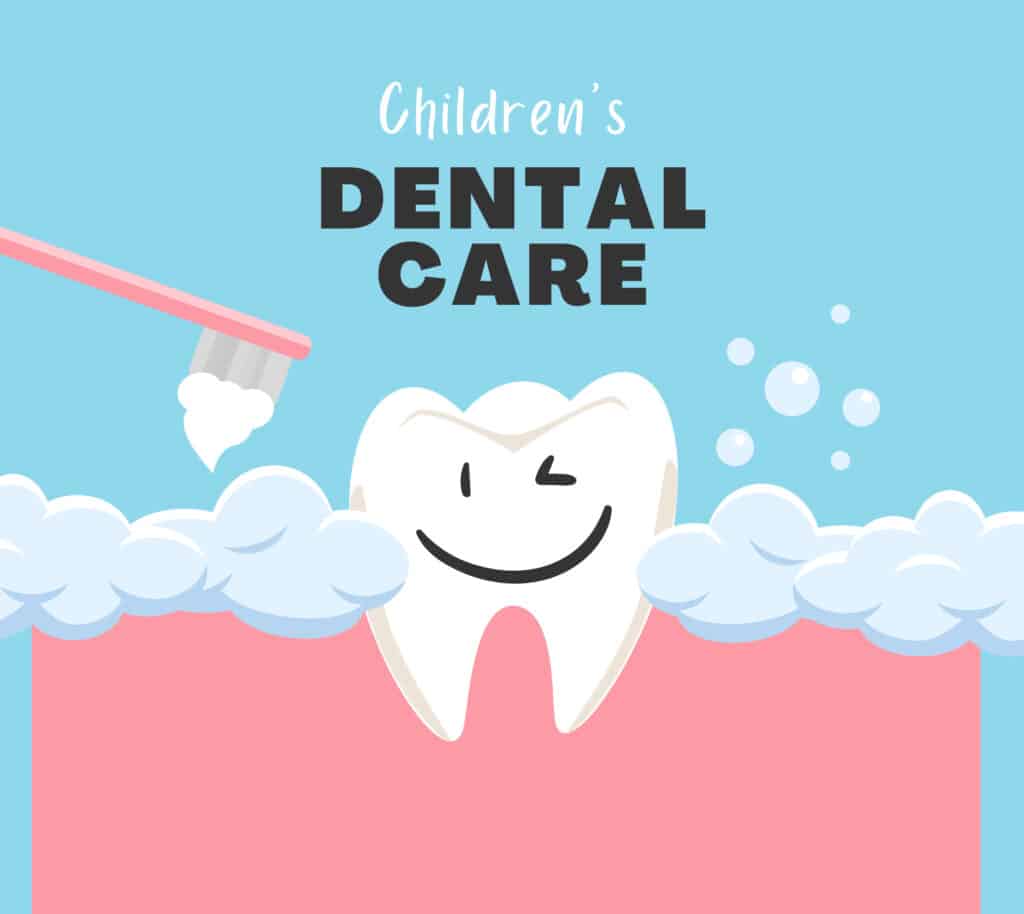As parents, we want the best for our children. This includes good oral health and a beautiful smile. Cavities are common in children, but did you know that early intervention is crucial? Ignoring cavities can lead to serious dental problems that could have been avoided with timely treatment. In this blog post, we will discuss why early intervention with cavities is essential for your child’s dental health and how you can help prevent them from happening in the first place. So grab a cup of coffee and let’s dive into this critical topic!
What are Cavities and Why Are They Dangerous?
Cavities are permanent damage to teeth that develop when tooth decay isn’t treated. Tooth decay is caused by plaque, a sticky film of bacteria that forms on teeth and gums. When plaque isn’t removed, it produces acids that eat away at tooth enamel, the hard outer layer of teeth. This can lead to cavities.
Cavities are dangerous because they can cause pain, infection, and tooth loss. If left untreated, cavities can also lead to more serious health problems like abscesses, which are pus-filled infections in the mouth, and malnutrition, as cavity-related pain, makes it difficult to eat.
That’s why early intervention with cavities is crucial for your child’s dental healthcare. The best way to prevent cavities is to practice good oral hygiene habits like brushing twice a day with fluoride toothpaste and flossing daily. You should also visit the dentist regularly for professional cleanings and checkups so that any cavities can be detected and treated early on.

Early Prevention Strategies To Avoid Cavities in Children
Dental cavities are one of the most common childhood diseases, yet they are also one of the most preventable. Here are some early prevention strategies you can use to avoid cavities in your children:
1. Encourage them to brush their teeth twice a day with fluoridated toothpaste.
2. Help them floss daily.
3. Limit sugary snacks and drinks.
4. Bring them for regular dental checkups and cleanings.
5. Make sure they receive adequate fluoride exposure through drinking water or dietary supplements.
By following these simple tips, you can help your child avoid cavities and have a lifetime of healthy smiles!
When Should I Take My Child to the Dentist?
The American Academy of Pediatrics (AAP) recommends that children see a dentist by their first birthday. The earlier your child sees a dentist, the better. A family dentist can help you prevent cavities in your child’s teeth and spot any problems early.
You should take your child to the dentist:
-As soon as their first tooth comes in, usually around 6 months old
-Every 6 months for regular checkups and cleanings, unless your dentist recommends otherwise
-If you notice any changes in your child’s teeth or gums, such as redness, swelling, or pain
-If your child has had a cavity in the past 12 months
-If your child is at high risk for cavities, such as if they have diabetes or are taking certain medications that can cause dry mouth
Symptoms That Should Prompt a Trip to the Dentist
If your child is exhibiting any of the following symptoms, it’s time to schedule a trip to the dentist:
-Increased sensitivity to hot or cold beverages
-Toothache
-Persistent bad breath
-Mouth sores
-Jaw pain or tenderness
-Visible holes or pits in teeth
-Discolored or stained teeth
Don’t wait until your child is in pain to take them to the dentist. By then, the cavities may be too large and require more involved treatment, such as a root canal. Regular dental checkups will allow your dentist to identify small cavities early and treat them before they become a bigger problem.
Options for Treating Cavities in Children
When it comes to your child’s dental health, cavities are one of the biggest concerns. They can cause a lot of pain and discomfort, and if left untreated, can lead to more serious problems down the road. Thankfully, there are many options available for treating cavities in children.
One of the most popular methods is fillings. Fillings can be made from a variety of materials, including composite resin (to match the color of your child’s teeth), amalgam (a silver-colored filling), or gold. The type of filling used will depend on the size and location of the cavity, as well as your child’s personal preference.
Another option for treating cavities is called “inlays and onlays.” This procedure is similar to getting a filling, but instead of using composite resin or amalgam, an inlay or onlay is made from porcelain or ceramic. Inlays and onlays are usually used for larger cavities that require more coverage than a traditional filling.
If your child has a very large cavity or one that is located close to the nerve of the tooth, a crown may be necessary. A crown is basically a “cap” that covers the entire tooth. It can be made from porcelain, ceramic, metal, or a combination of these materials.
The Benefits of Early Intervening for Cavity Prevention
As your child’s teeth begin to come in, it’s important to start taking steps to ensure their long-term dental health. Early intervention with cavities can be crucial in preventing more serious problems down the road. Here are some of the benefits of early intervention for cavity prevention:
1. It can help prevent further decay. Once a tooth has started to decay, it’s more susceptible to further decay. By intervening early, you can help prevent the tooth from decaying further and becoming irreparable.
2. It can save you money in the long run. Cavities often require expensive dental treatments to fix, so preventing them in the first place can save you a lot of money down the road.
3. It can help your child avoid pain and discomfort. Cavities can cause a lot of pain and discomfort, so by intervening early, you can help your child avoid this needless suffering.
4. It can help your child keep their natural teeth longer. When cavities are left untreated, they often lead to tooth loss. By intervening early, you can help your child keep their natural teeth longer and avoid having to get dentures or other replacements later on in life.
Conclusion
In summary, it is essential that parents understand the importance of early intervention with cavities in their child’s developing mouth and teeth. With regular visits to the dentist and proper oral hygiene habits, you can help your child have a healthy smile for life. If cavities develop, it is important to take immediate action to ensure that further damage does not occur thus leading to lifelong dental health problems. Taking steps now will ensure healthier smiles for them later on down the road.
FAQs
Ans: The best way to prevent cavities is through a combination of good oral hygiene and a balanced diet. Here are some tips for keeping your child’s teeth healthy:
1. Brush your child’s teeth at least twice a day with fluoride toothpaste.
2. Floss your child’s teeth daily.
3. Limit sugary snacks and drinks.
4. Have your child chew sugarless gum after meals.
5. Schedule regular dental checkups and cleanings for your child.
ANS: Cavities are one of the most common chronic childhood diseases, and they can have a significant impact on a child’s quality of life. Children with cavities often experience pain, difficulty eating, and sleep problems. They may also miss school due to dental problems.
The good news is that cavities are preventable. By intervening early and treating cavities early, we can help children avoid these problems and improve their long-term outlook for dental health.
1. Limit sugary drinks and snacks.
2. Encourage your child to brush their teeth twice a day with fluoride toothpaste.
3. Visit the dentist regularly for checkups and cleanings.
4. If your child does get a cavity, make sure to have it treated promptly by a dentist.




